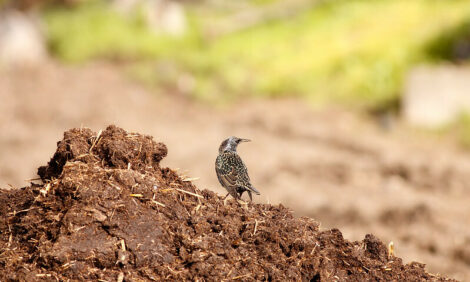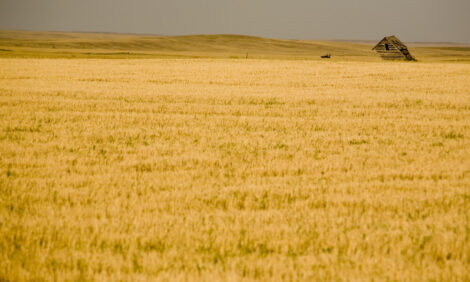



Call for Crackdown on Free Range Egg Labelling
AUSTRALIA - Consumer advocacy group Choice has lodged a 'super complaint' to New South Wales Fair Trading about the labelling of free range eggs.ABC reports that Choice claims consumers are being misled while, in some cases, paying nearly double for the free range eggs.
Spokeswoman Angela McDougall says about 40 percent of eggs sales in Australia appear in the free range market.
"When it comes to consumer expectations, free range means the chooks have access to the outdoors and enough room to move around. It practical terms that's often called the stocking density," she said.
"We have a national voluntary standard which is 1,500 birds per hectare. But we know from the Australian Egg Corporation that many producers are using densities of up 20,000 birds per hectare.
"There is a range of options out there and if consumers want to buy barn or cage laid that's just fine. The problem is that 40 percent of people are choosing free range products and we simply think that they have the right to know if they're getting what they pay for. At the moment we don't think they do.
Choice says its super-complaint "recognises that food labelling is an important means of communicating product information to consumers".
"We think it's up to our regulators to step and say 'are these claims genuine and truthful, or are consumers being misled?"
Free range chicken farmer Dennis Smith has a property north of Temora in the NSW Riverina. He agrees that there needs to be a better labelling system for eggs.
"We have free range chickens and other people have open range chickens. I think they need to be known as open range. The open range chickens run wherever the like and lay wherever they like. Open range is a lot more expensive to run than free range so the farmers deserve to get more for their eggs."
NSW Farmer's Egg Committee Chair Bede Burke denies producers are knowingly misleading consumers.
"NSW producers have a model code of practice that says that we are allowed to stock our free range birds at an outdoor stocking density of a capped 1,500 birds per hectare. But it specifically notes in that code that we are able to have higher stocking densities if you have rotation of your range," said Mr Burke.
But he supports any move by NSW Fair Trading that would ensure customers are getting what they pay for.
"I've got no problem with that. We've got nothing to hide."
"We do need to give consumers confidence that the product they are buying is produced in the manner that it says it is."
A spokesman for NSW Fair Trading Minister Anthony Roberts says the department will look into the complaint and will report back to Choice within a 90-day period.








